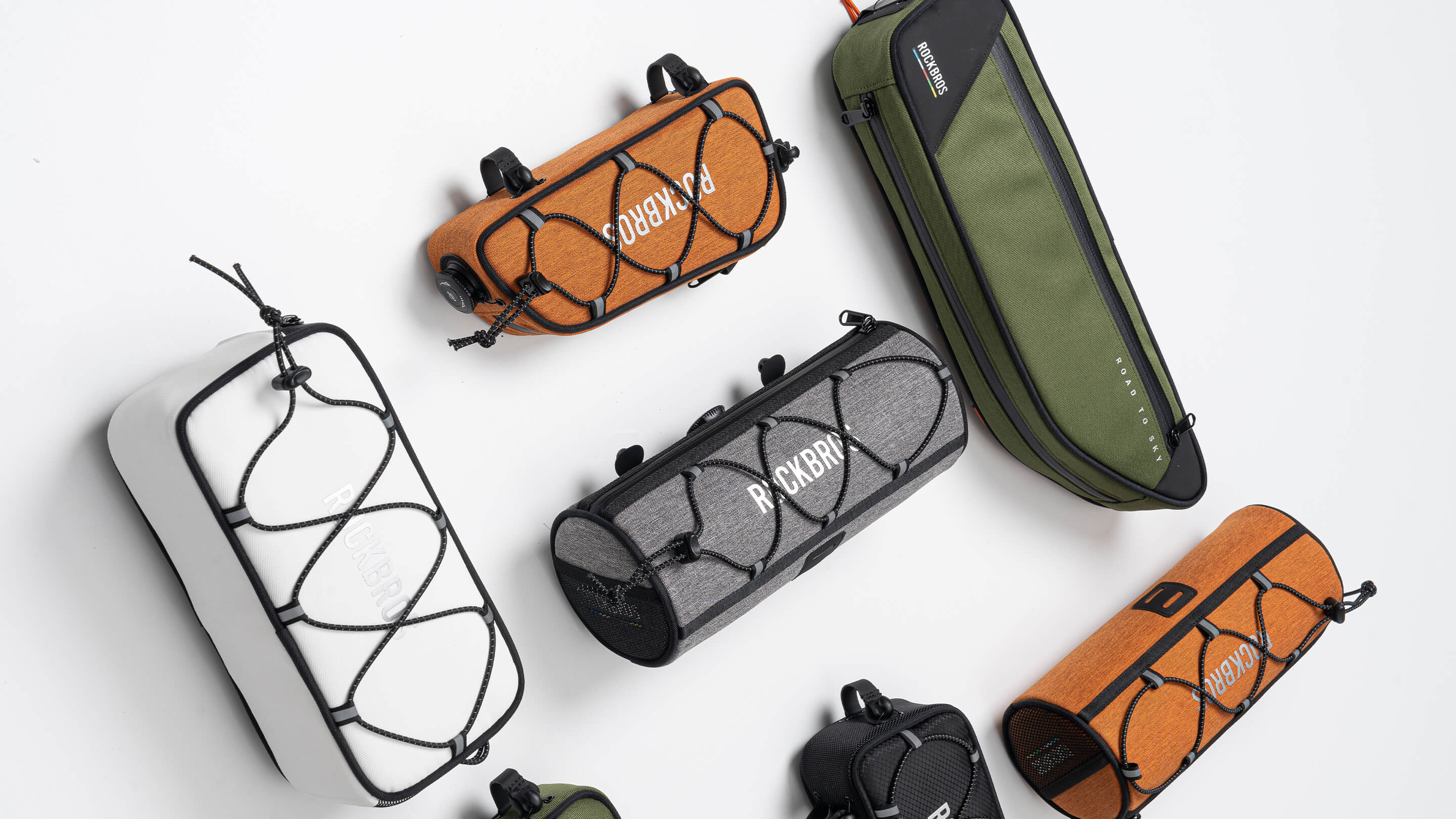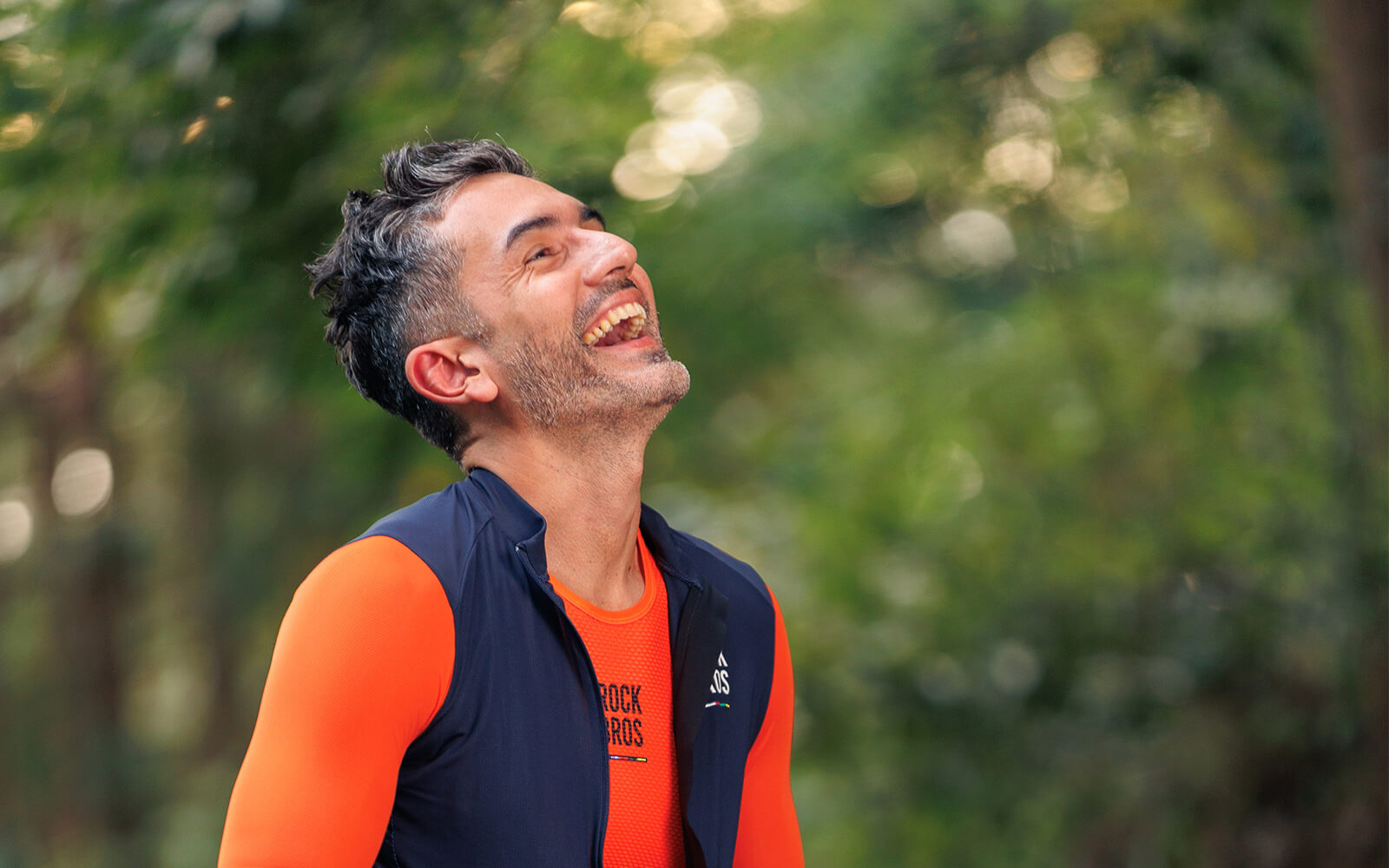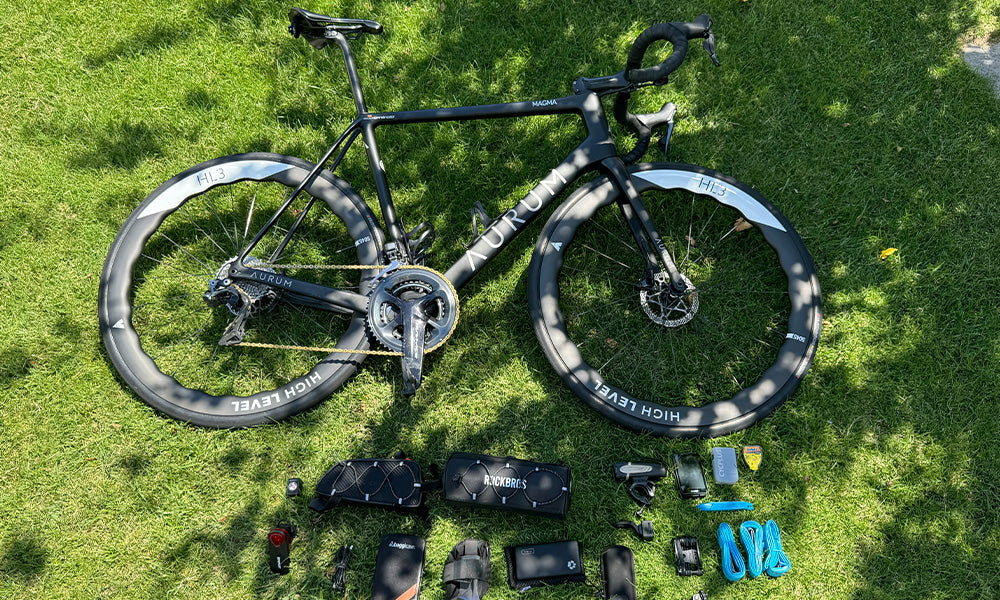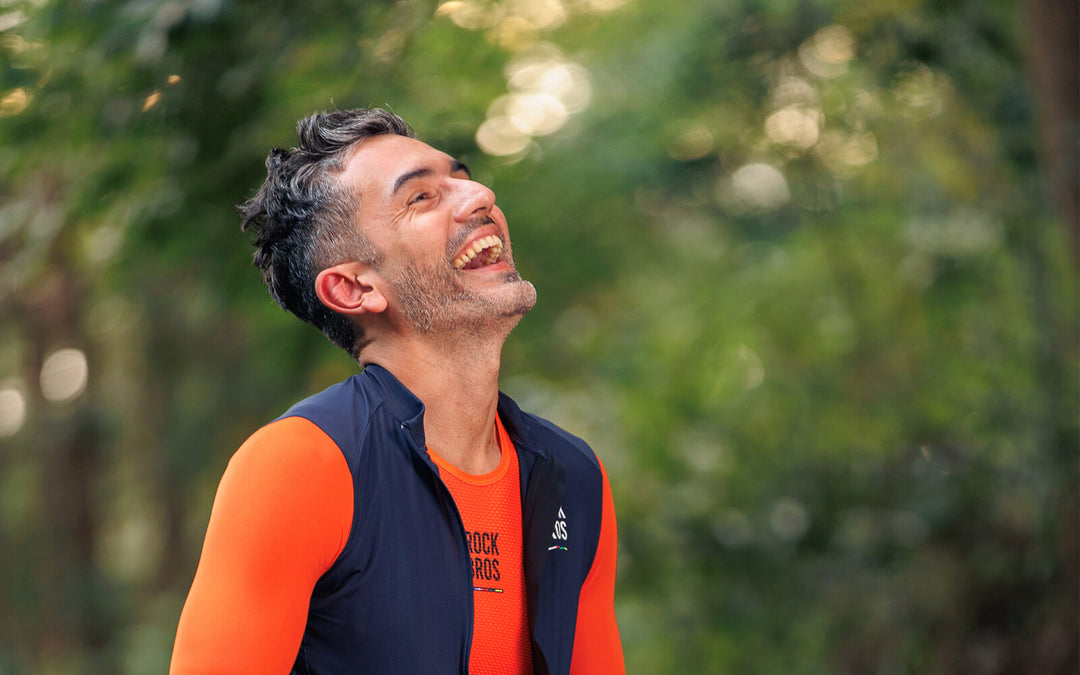Riding Into Life
Introduction
Life is a long ride. We often find ourselves at crossroads, wondering which way to go next. And in this journey, it’s not speed that matters most—it’s direction.
But cycling offers more than just a metaphor about where we’re headed. It also speaks to how we carry our burdens, how we replenish our energy, and how we adjust when we lose our way.
Like any good ride, it’s not about getting there fast—it’s about making it count.
1. Direction: It’s the Path, Not the Pace, That Shapes the Journey
In cycling, if you're headed the wrong way, pedaling harder won’t help. The same is true in life. Many people stay busy, constantly in motion—yet rarely pause to ask, “Where am I actually going?”
Direction doesn’t always come with clarity. It can be shaped by habit, pressure, or others’ expectations. And unlike a GPS, your inner compass doesn’t always give you real-time feedback. But like handlebars, it can be gently adjusted—course-corrected with each decision, each experience.
You can change paths. You can turn around. You can even choose a road less traveled.
The real risk isn't taking a wrong turn—it's staying on the wrong path without ever questioning it.
2. Bike Bags: What You Carry Shapes How You Ride
Bike bags are where cyclists keep their essentials—maps, snacks, rain gear, maybe even a book or a tiny memento. And if you’ve ever biked a long distance, you know: the more you carry, the heavier the ride.
Life is much the same. We all carry things—responsibilities, memories, beliefs, regrets. Some are necessary. Some weigh us down more than they lift us up. Over time, the bag fills up. And unless we stop to sort through it, we risk riding heavy for no good reason.
So take inventory. What still serves you? What can be left behind?
Traveling light doesn’t mean being empty—it means being intentional.
3. Bottle Cages: Small Things That Keep You Going
The bottle cage isn’t flashy. It doesn’t improve your speed or style. But on a long ride, when fatigue creeps in, that humble little holder might just be what saves your day.
In life, the same holds true. It’s not always the big wins or breakthroughs that sustain us—it’s the quiet rituals, the overlooked support systems.
Your “bottle cage” might be a favorite song on repeat, a quiet hour with a book, a morning walk, a deep conversation, or a full night’s sleep. They don’t get headlines, but they keep you from running dry.
The ride doesn’t end because you fall short—it ends when you forget to refuel.
4. Getting Lost Isn’t Always a Mistake
Every cyclist gets lost now and then. You miss a turn, take a detour, or find yourself on a road you didn’t plan for. But those unexpected paths? They often lead to the best views, the most lasting memories.
Life’s no different. Getting lost isn’t failure—it’s exploration. What matters is whether you can pause, reorient, and keep riding.
You always have the ability to grab the handlebars again.
Closing Thoughts: Life Isn’t a Race—It’s a Ride
Don’t rush. Don’t measure your worth by how fast you move. Choose your path, pack wisely, and remember to care for yourself along the way.
“Cycling taught me not how to go faster—but how to move with myself, not against myself.”
What About You?
Have you ever had to change direction in life—or lighten your load? What keeps you going on your own ride?
I’d love to hear your thoughts. Share your story in the comments—your ride might inspire someone else’s.








Hinterlassen Sie einen Kommentar